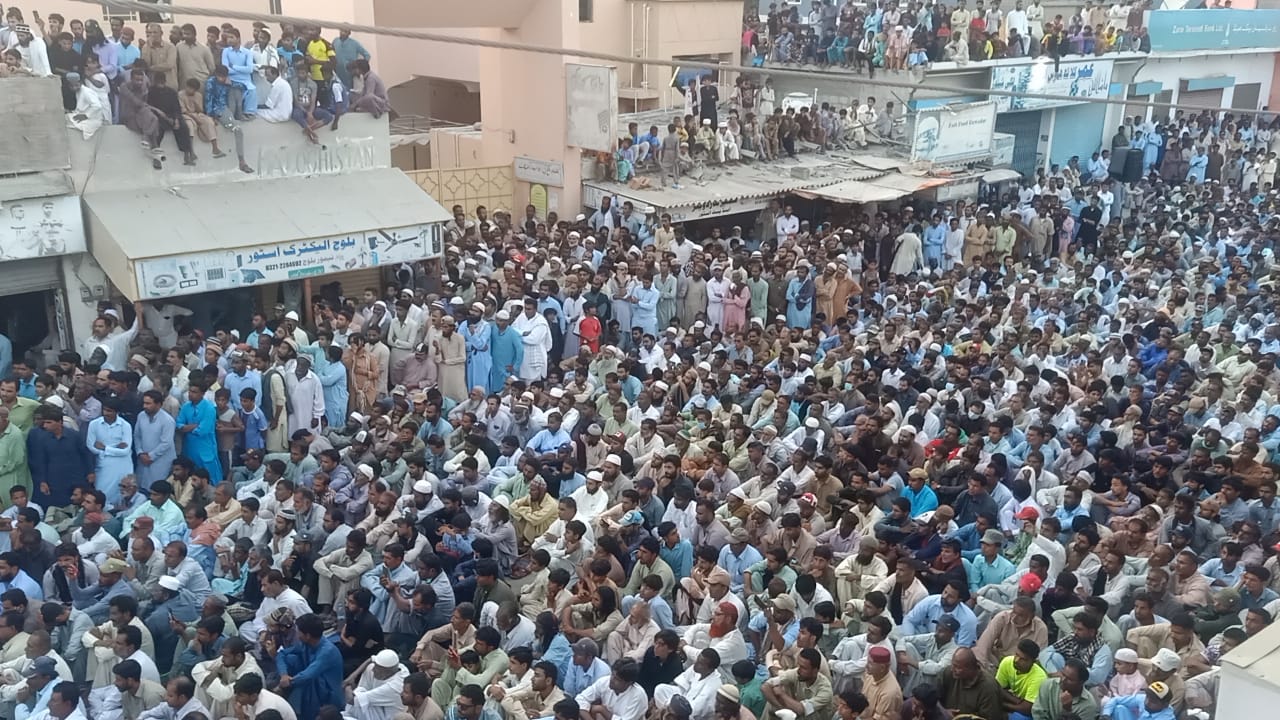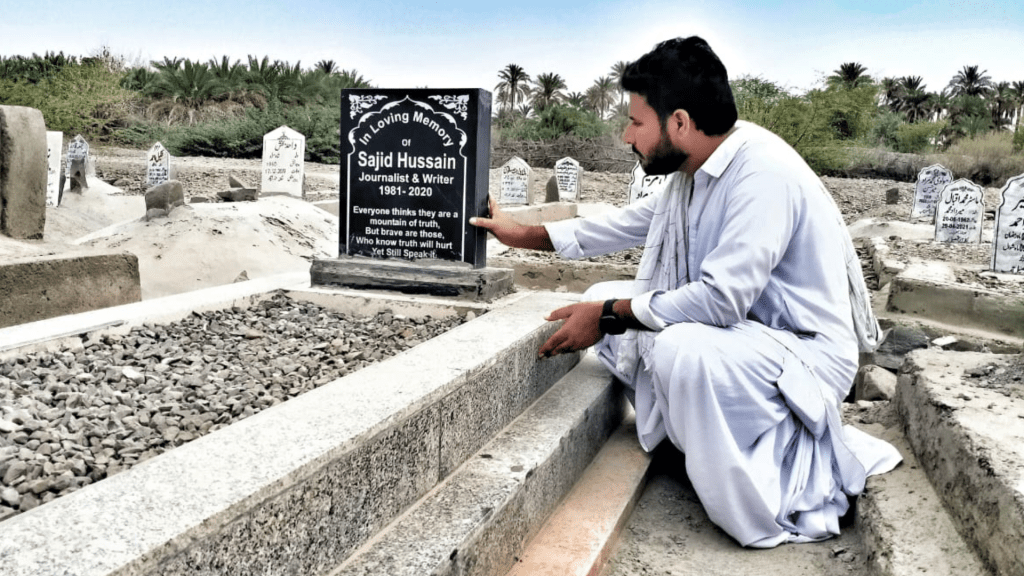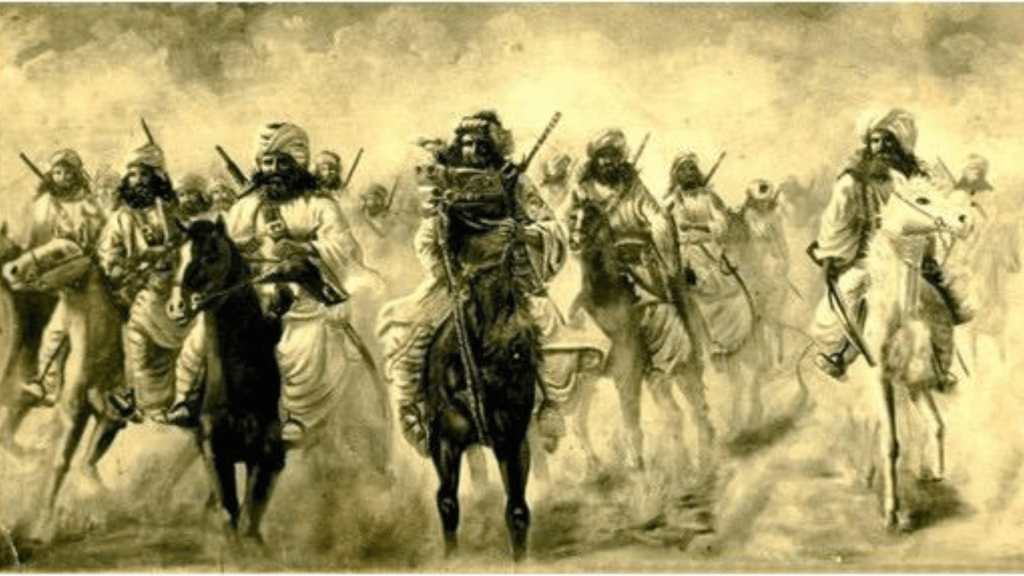Balochistan occupies a unique spot in the national imagination of Pakistan. It is a land often portrayed by the mainstream media and the political elite of the country as a faraway place where things defy socio-economic and political reality. It is somewhere where secessionist designs were plotted by some unruly sardars and leftist student organizations on the payroll of foreign enemies against the unsuspecting, innocent majority of the country.
The core of the country is aware of the existence of this handful of miscreants and from time to time reiterates the fact that the majority of the Baloch people are loyal to Pakistan even though there have been injustices from federal governments of the past. But with each new government, we are served with a seemingly sincere speech that Balochistan’s miseries have been noted and wrongs would be righted this time. However, along with the vows of prosperity come subtle threats to those who challenge the writ of the federal government. After this, things go back to their supposedly normal state, the way they have been since the inception of the Pakistani state – a normal that denies any substantive socioeconomic and political rights to the peripheral Balochistan.
Demands such as the allocation of Balochistan’s resources to the wellbeing of its people as per the constitution of Pakistan often fall on deaf ears or, worse still, thought of as an act of treason. After the discovery of natural gas in Sui, Balochistan, it was piped to megalopolises of other provinces and Balochistan was completely ignored. Balochistan’s capital, Quetta, got a meagre share after three decades in the 80s and that too only because it has an army cantonment. The rest of the province still lives without a supply of natural gas. But if you point that out, you are the enemy and warrant to be dealt with force.
Today, we are witnessing a period of mass protests in Balochistan – especially in the much-hyped coastal city of Gwadar, which according to the dominant Pakistani state narrative, is en route to becoming the new Singapore. The reality on the ground is that the people of the new Singapore are demanding clean drinking water, a check on the international and national fishing mafia, which is causing unamendable damage to marine life due to its cornucopian fishing methods. It seems the local people of Gwadar are not interested in the possibility of living in the new Singapore but are more concerned about their livelihood which consists of fishing in their ancestral sea.
This conflict between the visions of the rest of Pakistan and the Baloch people about for a prosperous Balochistan is one of the fundamental points of disagreement. Mainstream Pakistan does not understand why the people of Gwadar and the rest of Balochistan don’t want to become part of the new Singapore and why they are not in a jubilant mood like the rest of the country at the prospect of the fishing town becoming a haven for the rich.
What Pakistan’s political and military elite tell the world about Balochistan is not the whole truth. There is another side to the story. The people of Balochistan live and experience a Draconian system of oppression at the hands of the security forces such as the Frontier Corps. They are denied the freedom of movement within Balochistan on the pretext of security. The few sources of income the locals have were not created by the State. They have fished in their sea since time immemorial and survived on border trade due to a lack of alternative economic opportunities.
The recent Gwadar protests were a result of years of frustration. The military’s cronies who are called elected representatives have made life almost impossible for the people of Balochistan. Border trade has turned into a nightmare with the introduction of a ‘token system’; the FC issues a limited number of tokens to be sold to its local cronies, who then sell these tokens to the border traders at high prices. This is causing people to wait for weeks to buy an FC-issued token, which often changes hands and is acquired by the highest bidders. Although the FC and its cronies are earning millions of rupees in this illicit system, the small border trader is losing his livelihood. The Frontier Corps is using the classic mafia rule here, which is to keep the demand high and control the supply – illegally.
Meanwhile, Gwadaris who used to fish freely before becoming the prospective citizens of the new Singapore have become a nuisance in the eyes of the ruling elite. They have to prove their identity at every step since their town needs security from ‘the pockets of foreign-funded miscreants’. The Coast Guards has introduced new rules for the poor fishermen. They are given papers basically allowing them to stay in the sea for a limited time due to security threats, while foreign trawlers fish illegally and are, unlike the citizens of new Singapore, not bothered by time limits. These factors have pushed the fishing community of Gwadar, who have lived for hundreds of years sustainably through fishing in these waters, to a state where their very survival is in question.
The fisheries minister, Akbar Askani, is a known puppet of the intelligence agencies. He previously managed a drug business in which the military elite has substantial shares. His credentials as a good ‘businessman’ attracted the attention of the military leadership and he became a public representative out of nowhere. This sounds like a tale from Netflix’s Narcos series, but unfortunately, this is the lived reality of the people in Balochistan.
The military’s apologists argue that these miseries were caused by a few corrupt leaders and if they are rooted, things would take a turn for the better. But unfortunately, the people of Balochistan know based on experience that this is not due to an error in the system. It is the system itself, and the truth is that it’s working exactly the way it was designed to work.
Sameer Mehrab is a writer and co-founder of Balochistan Times. He often depicts Balochistan's socio-political dilemmas in his fiction and poetry. He is based in Canada.



